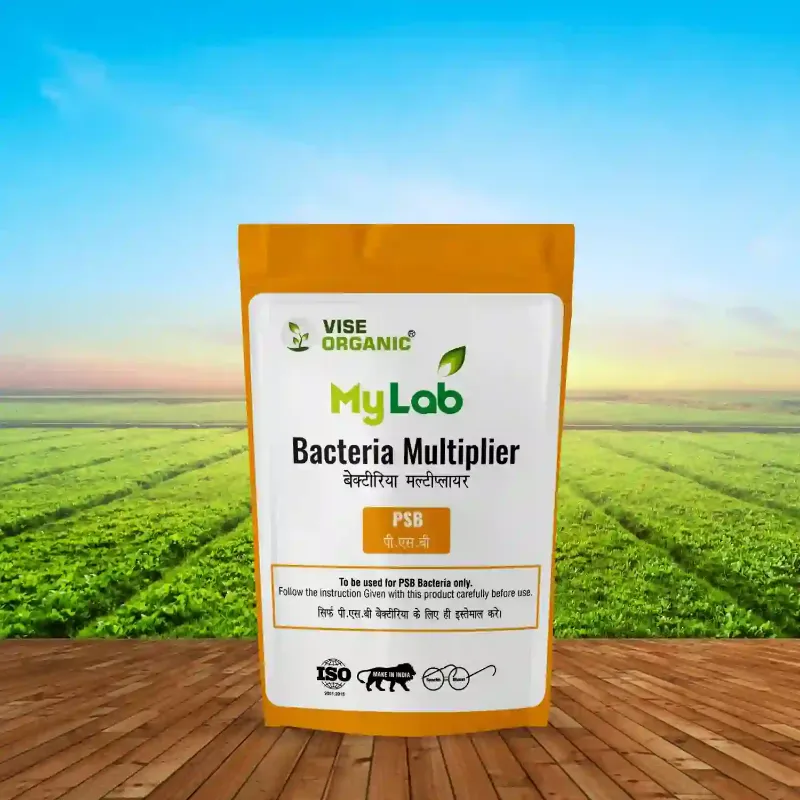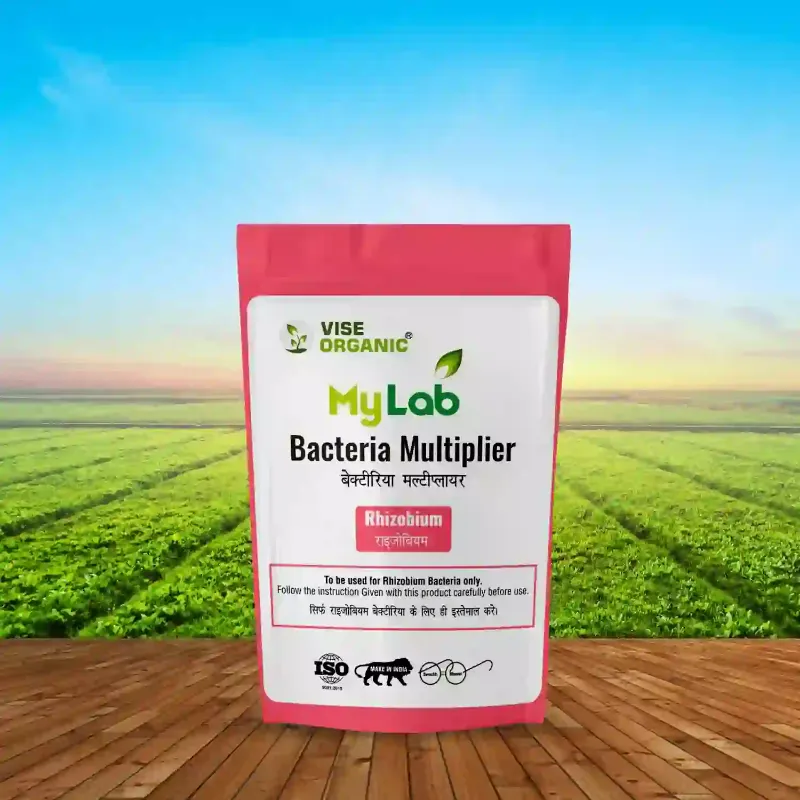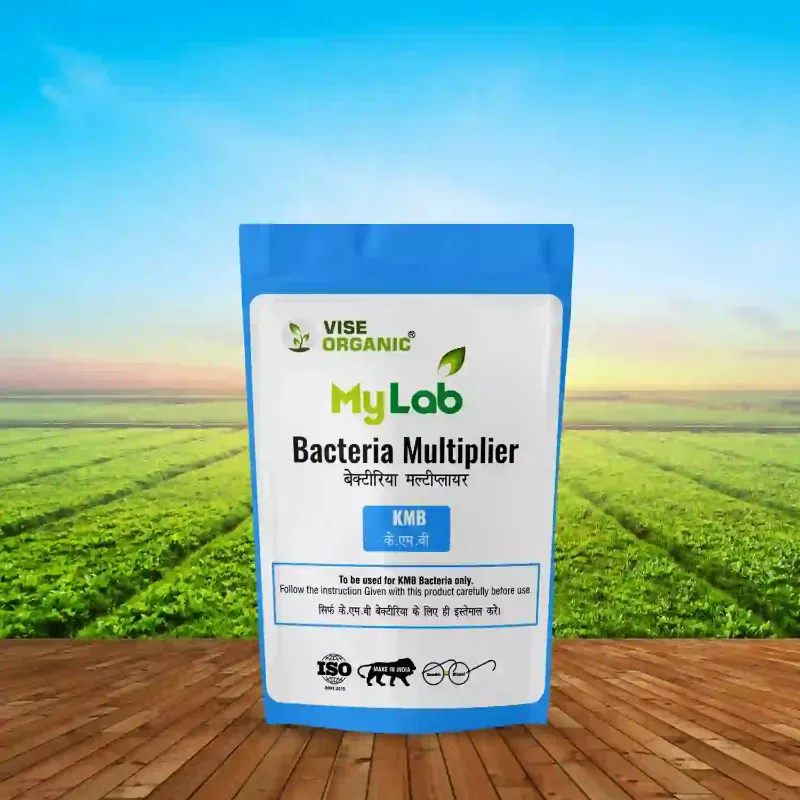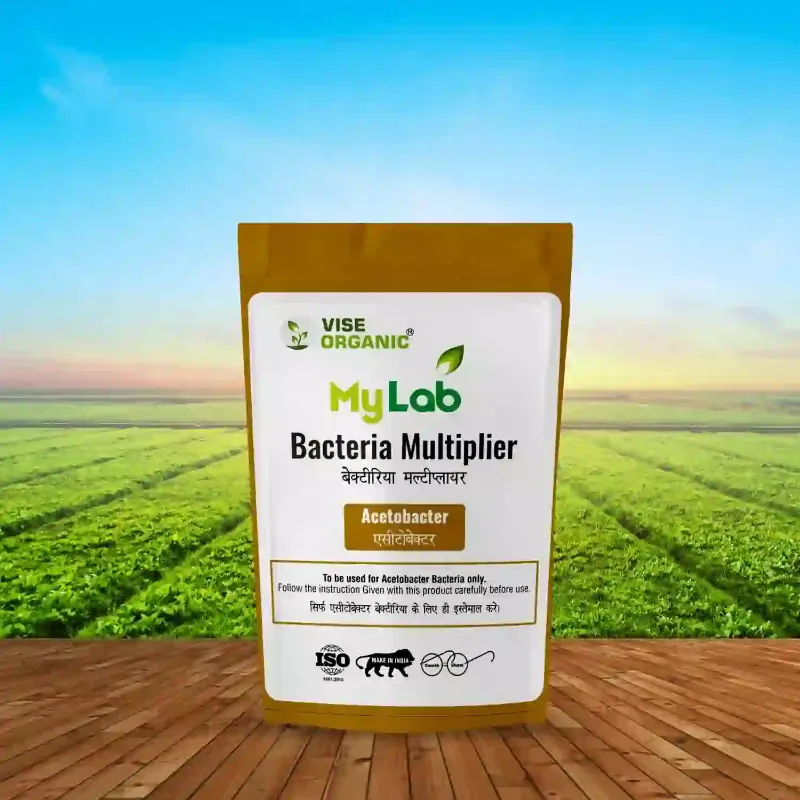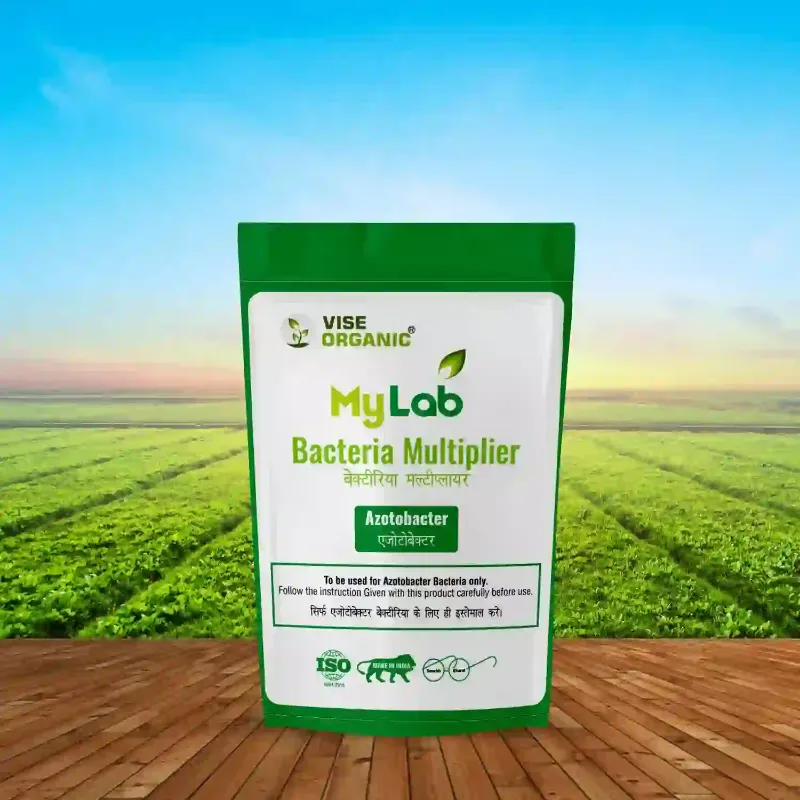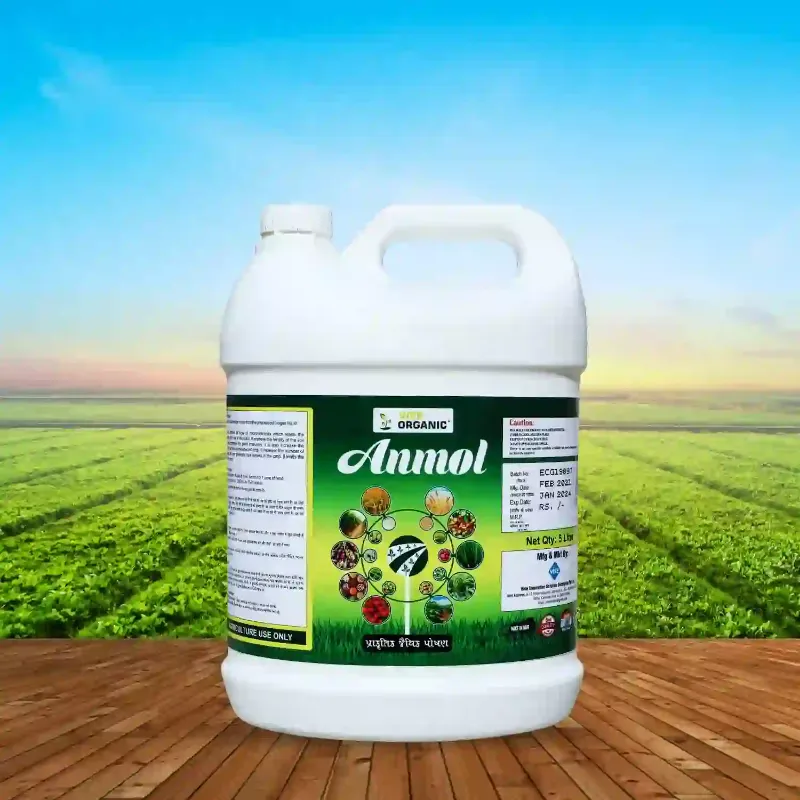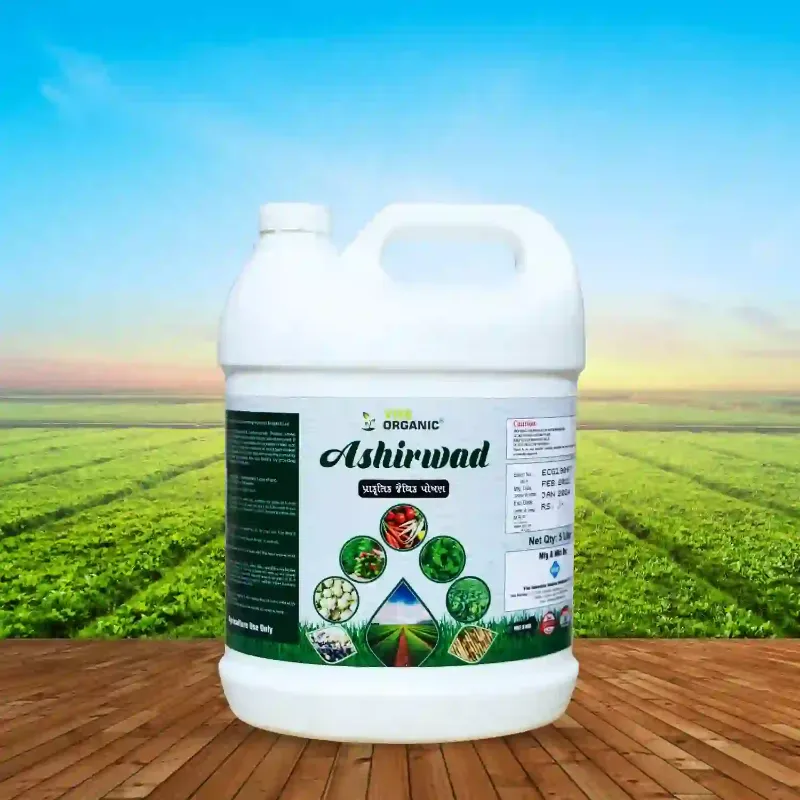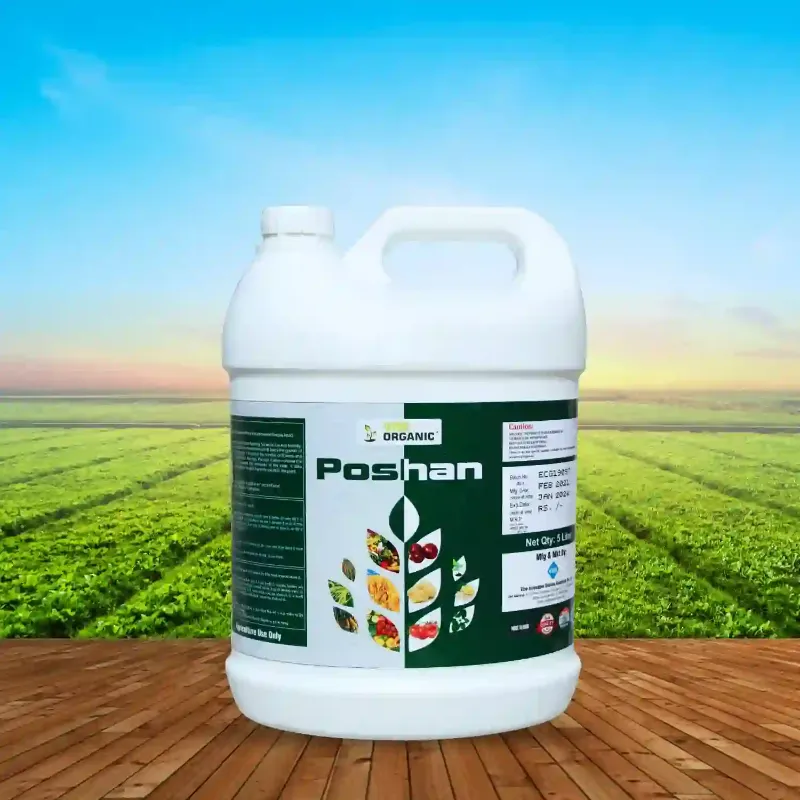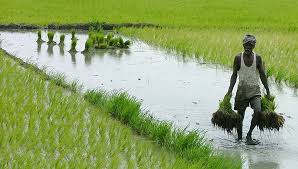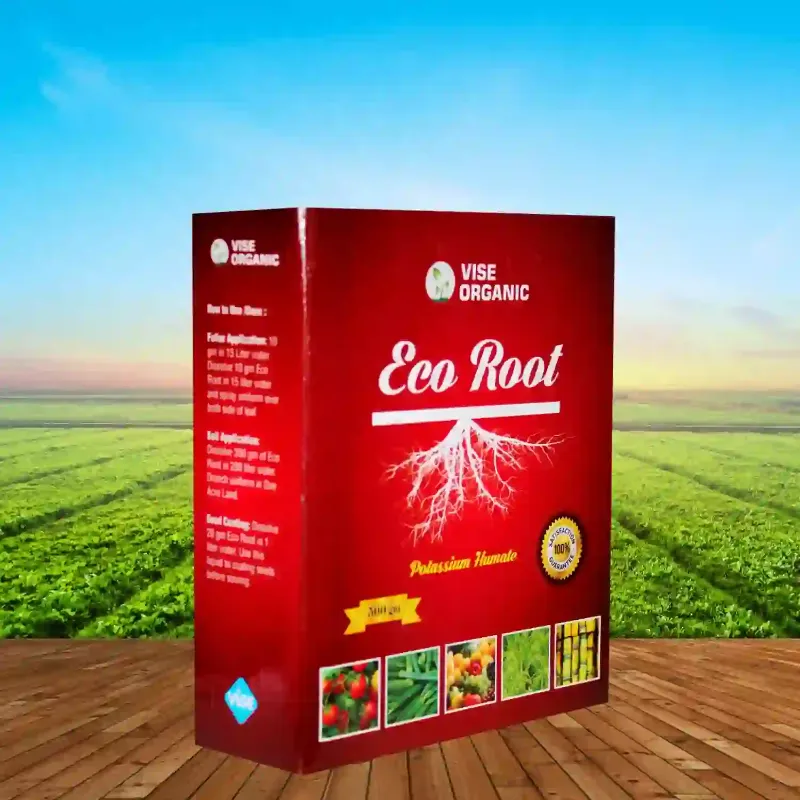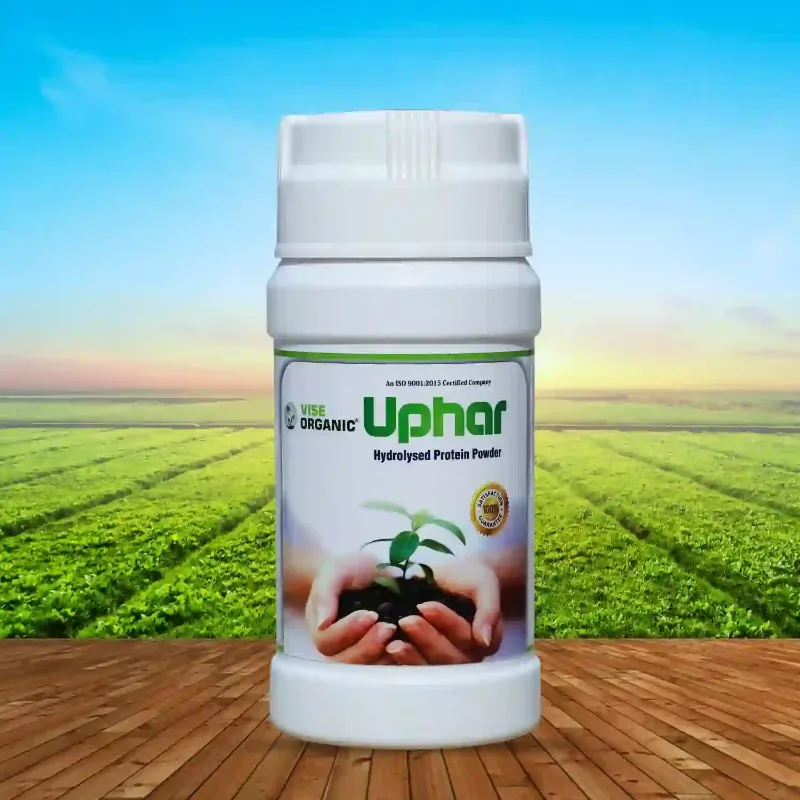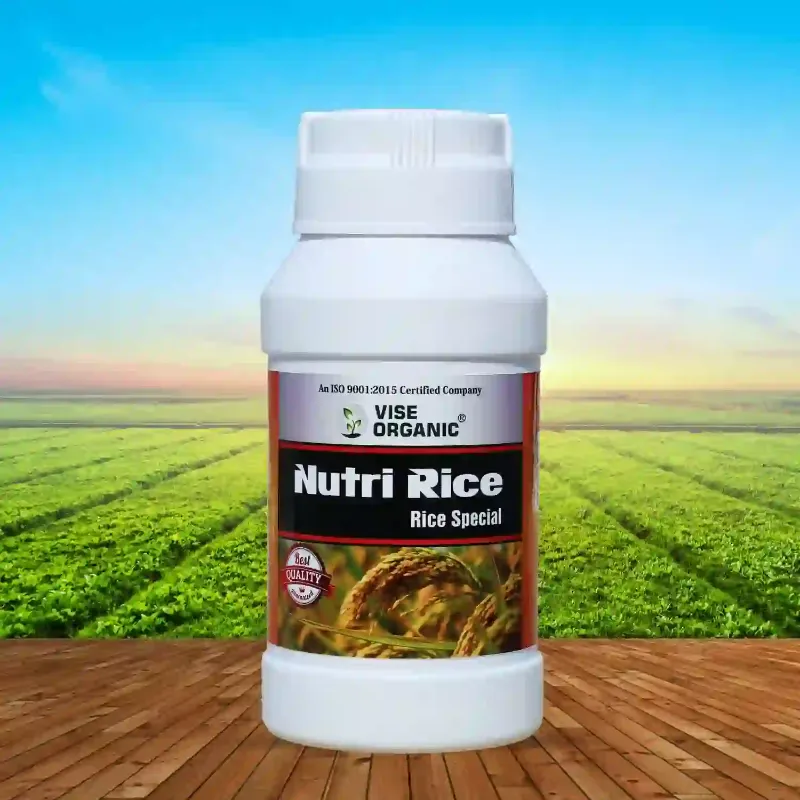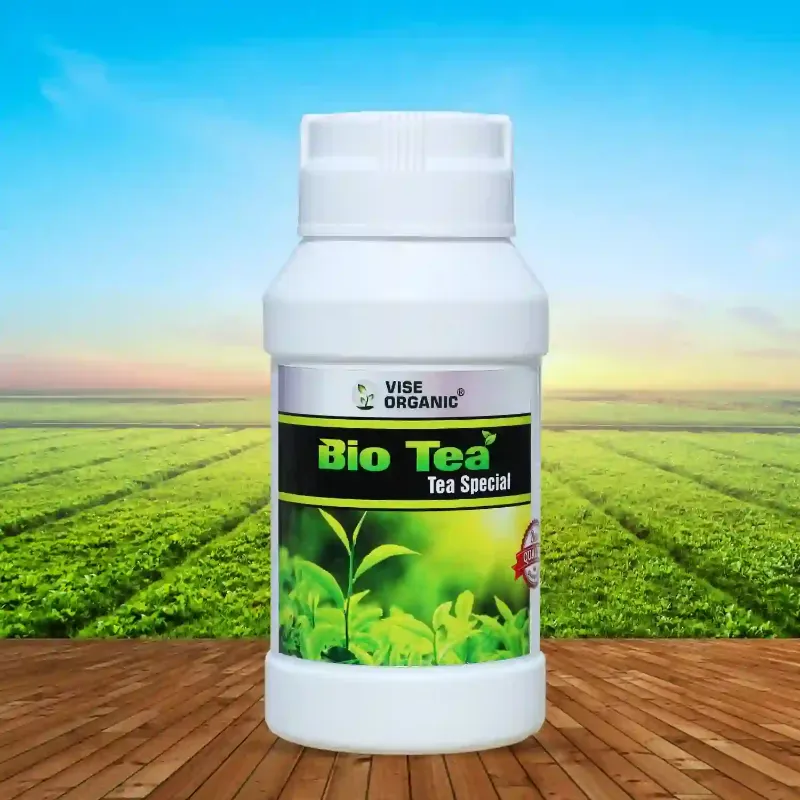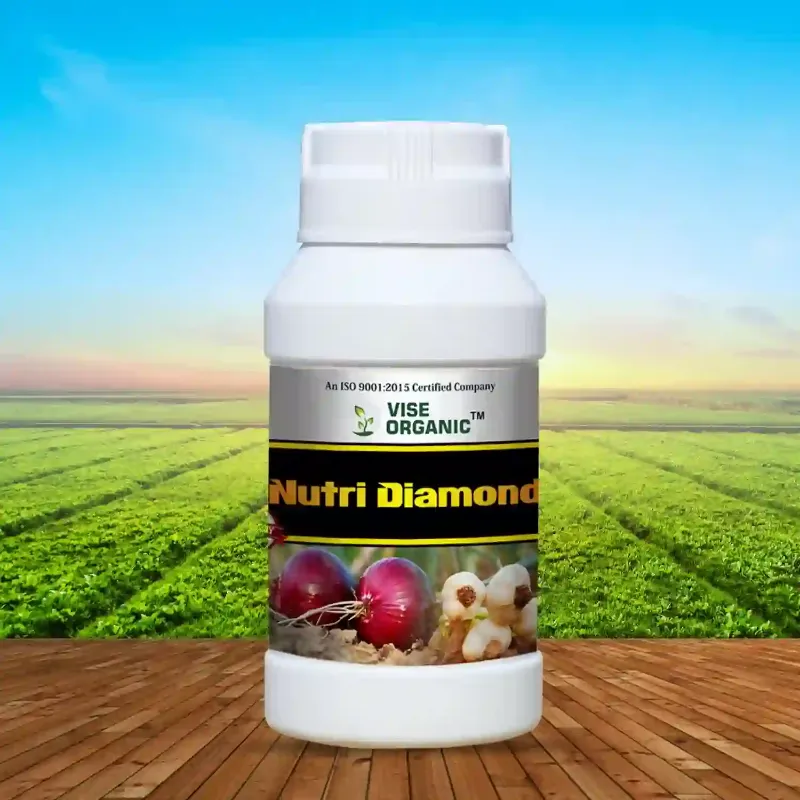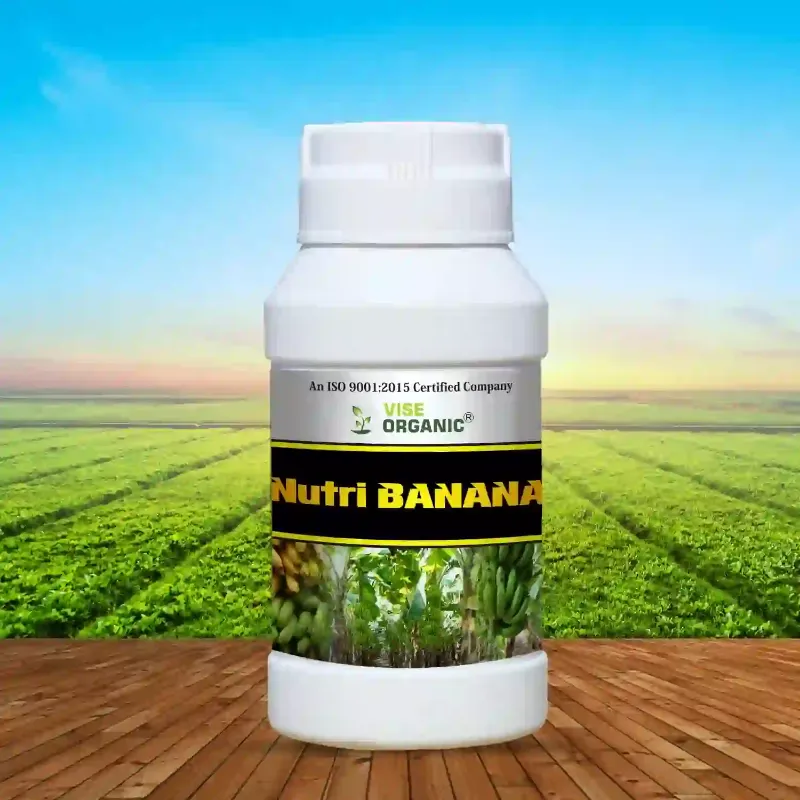Introduction
At VISE Organic, we are committed to promoting sustainable agricultural practices that enhance productivity while safeguarding natural resources. Our range of organic products supports farmers in optimizing water use, maintaining soil health, and fostering sustainable farming practices.VISE Organic offers several products that significantly contribute to sustainable water use on farms. These products are designed to improve soil structure and water retention, which reduces the need for frequent irrigation. They enhance nutrient uptake and root development, enabling plants to utilize water more efficiently. By incorporating these products, farmers can achieve more efficient water use, reduce water waste, and promote healthier, more resilient crops.
Benefits
- Improved Water Retention: Enhances soil’s ability to hold water, reducing the need for frequent irrigation.
- Reduced Runoff: Minimizes soil erosion and runoff, conserving water resources.
- Efficient Nutrient Uptake: Helps plants use water more effectively by improving nutrient absorption.
- Enhanced Soil Structure: Supports better soil aeration and moisture distribution.
- Drought Resistance: Strengthens plants’ ability to withstand dry conditions.
- Sustainable Water Use: Reduces overall water consumption and promotes conservation.
- Increased Crop Yield: Leads to healthier crops with more efficient water use.
- Lower Water Costs: Reduces the need for frequent irrigation, cutting costs.
How can organic practices contribute to sustainable water use on farms?
- Soil Organic Matter: Organic practices increase the amount of organic matter in the soil, which enhances its ability to retain moisture. This reduces the frequency and volume of irrigation needed.
- Cover Cropping: Planting cover crops helps protect soil from erosion, improve water infiltration, and increase soil moisture. This practice conserves water and improves overall soil health.
- Mulching: Applying organic mulch reduces evaporation, minimizes weed growth, and helps maintain consistent soil moisture levels. This practice contributes to efficient water use.
- Reduced Tillage: Minimizing soil disturbance helps maintain soil structure, which enhances water retention and reduces runoff. This approach supports sustainable water management.
- Efficient Irrigation Practices: Organic farming encourages the use of efficient irrigation systems, such as drip irrigation, that deliver water directly to the plant roots, reducing waste and optimizing water use.
Conclusion
Organic practices offer substantial benefits for sustainable water use on farms. By enhancing soil organic matter, implementing cover cropping and mulching, reducing tillage, and adopting efficient irrigation techniques, organic farming promotes better water management and conservation. At VISE Organic, our commitment to sustainable agriculture is reflected in our range of products designed to support these practices. Embracing organic methods not only conserves water but also improves soil health, increases crop resilience, and supports a more sustainable farming approach. By integrating these practices, farmers can achieve optimal water use, reduce costs, and contribute to a healthier environment.

